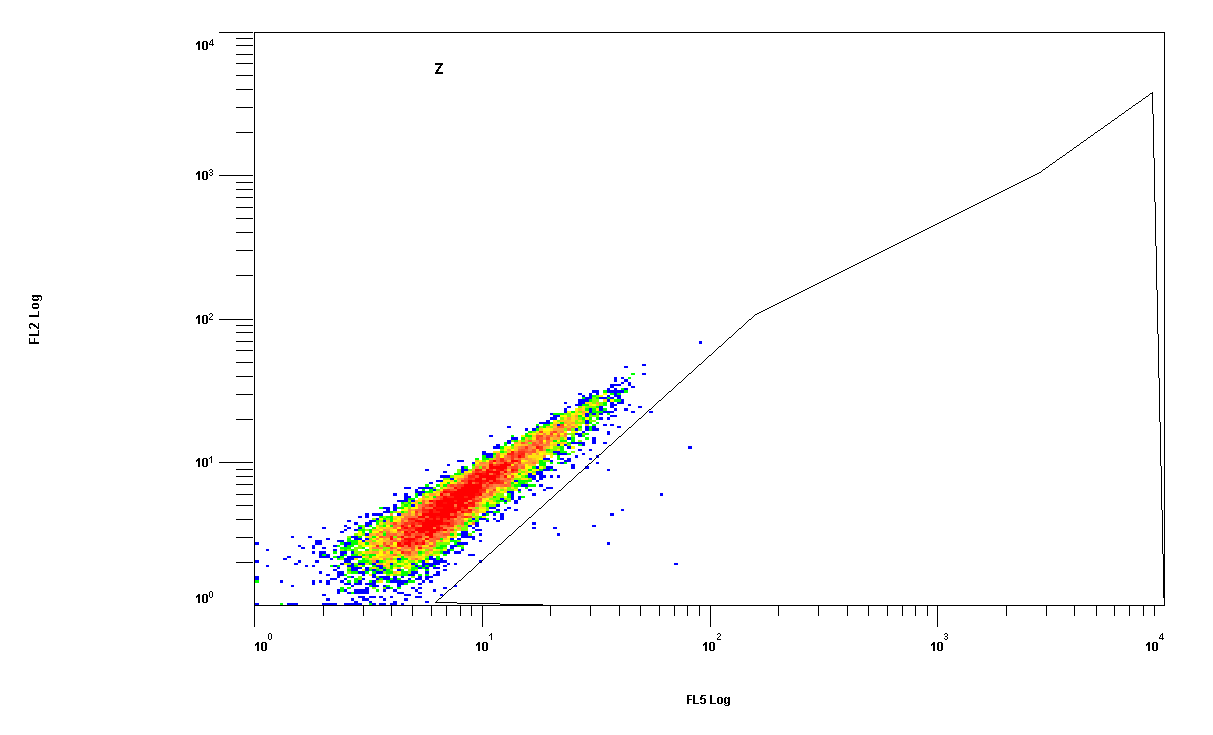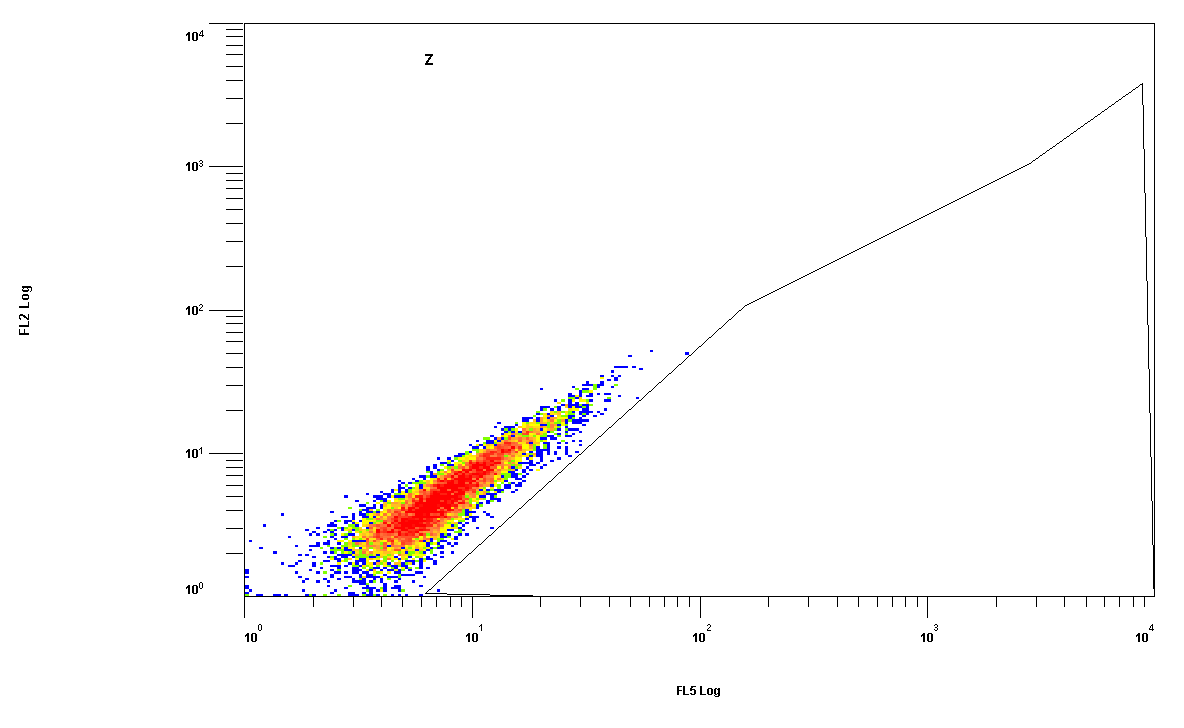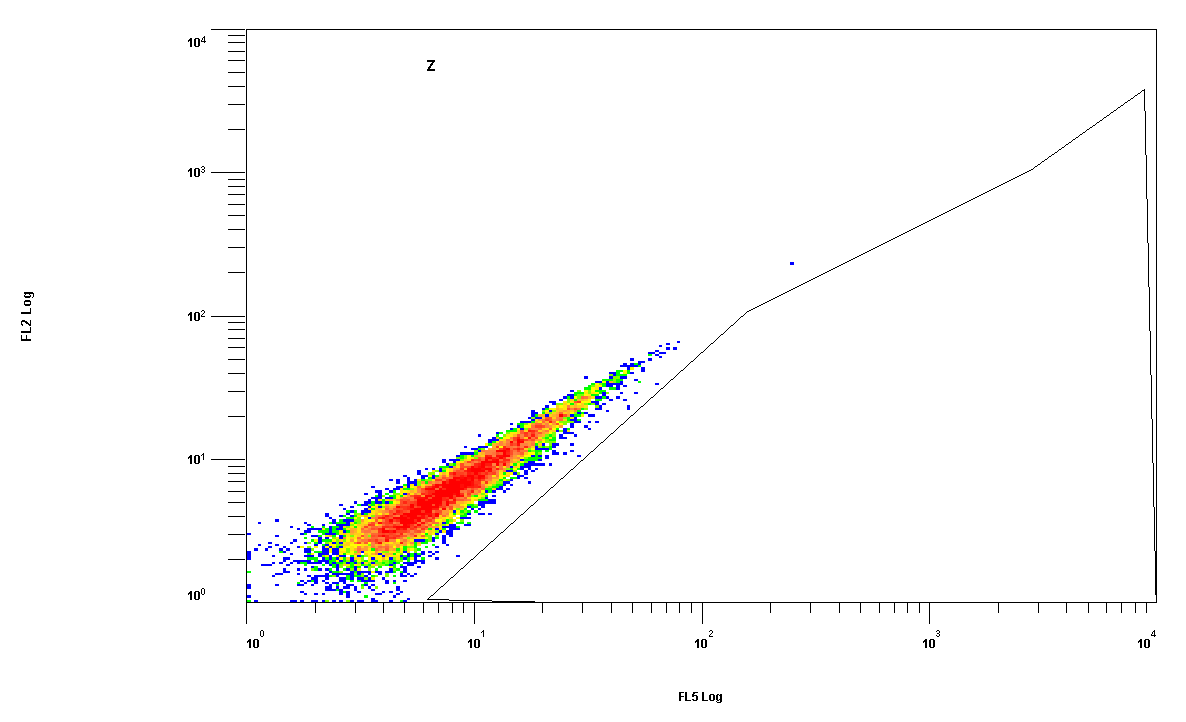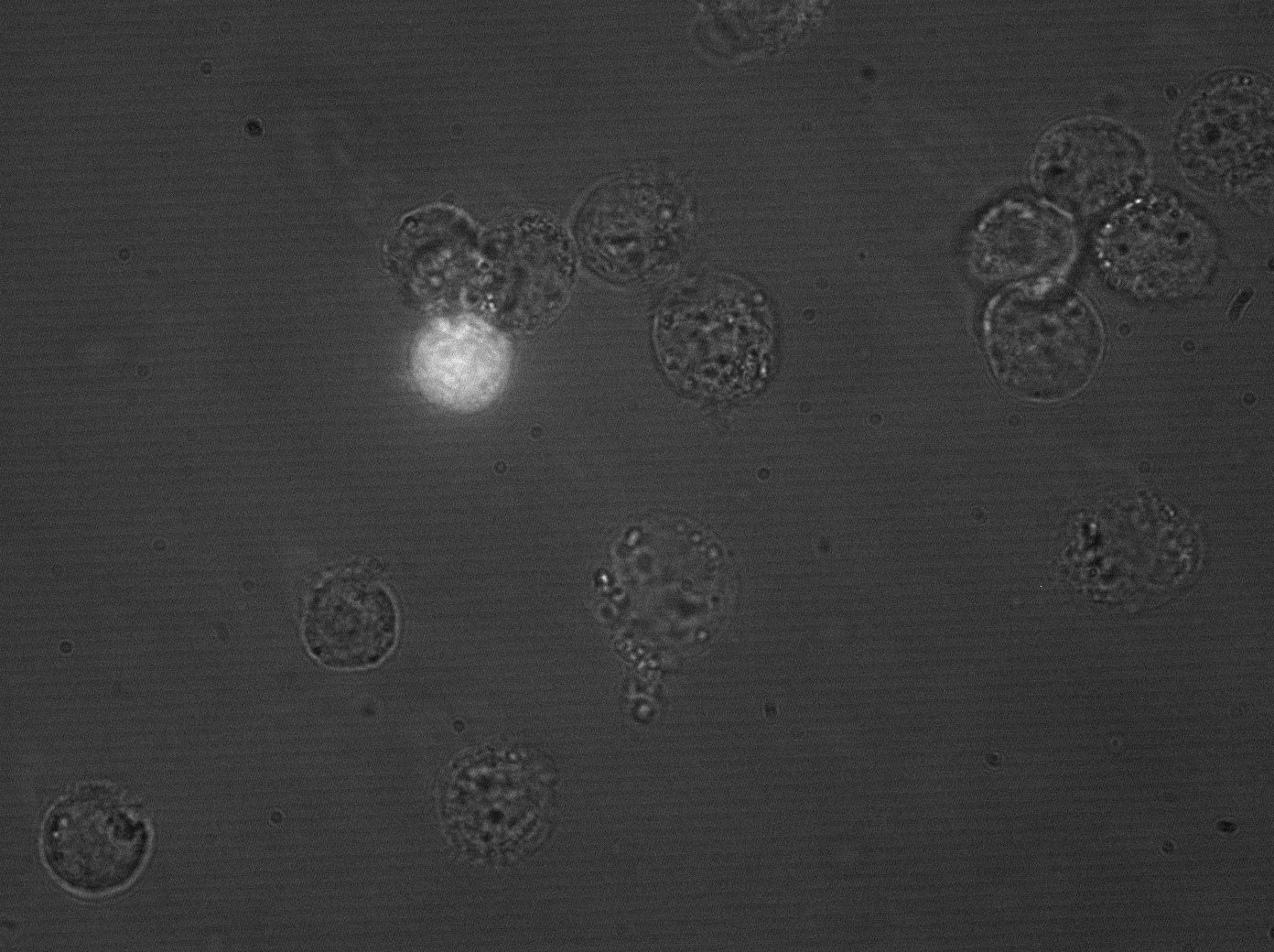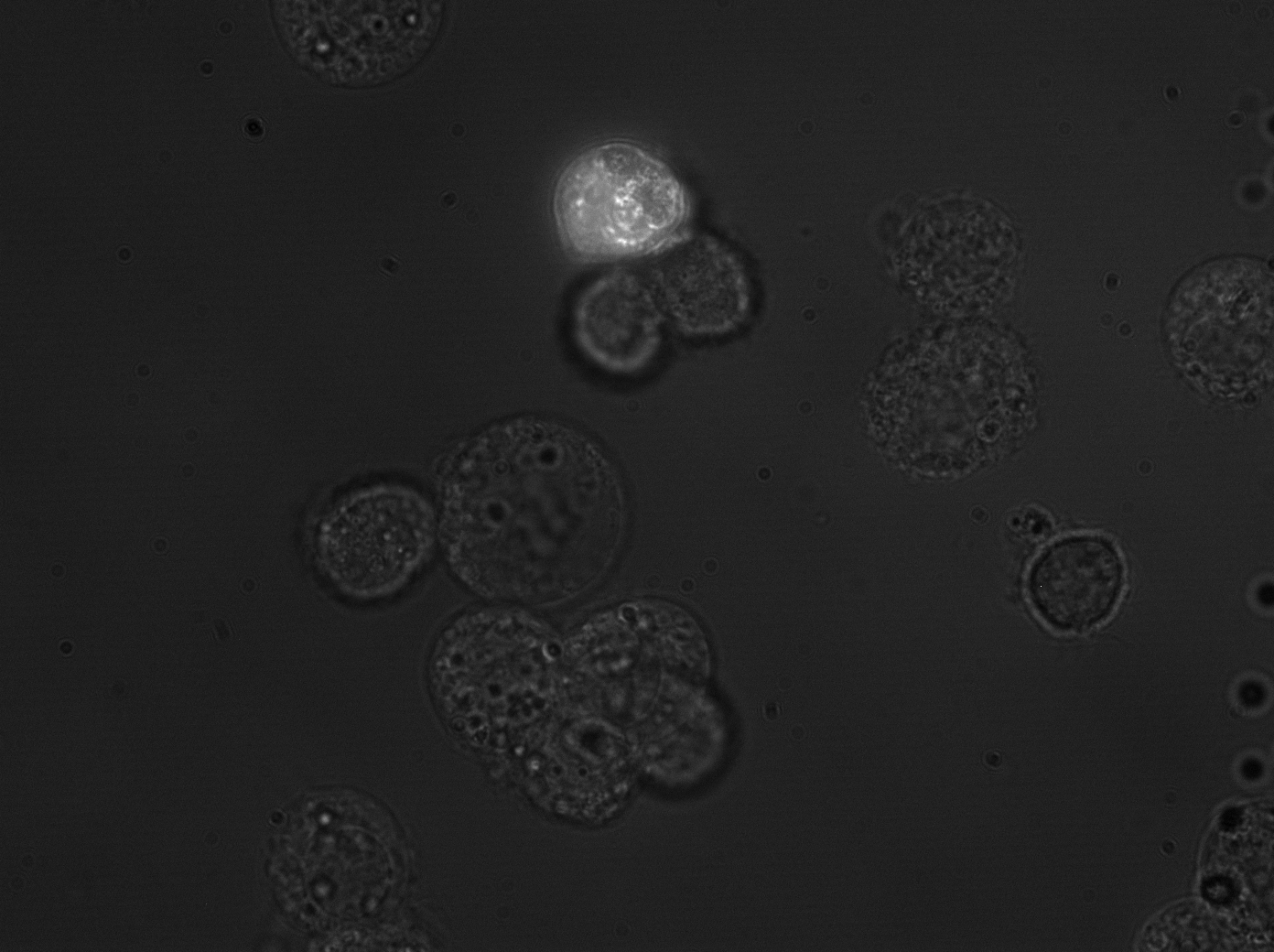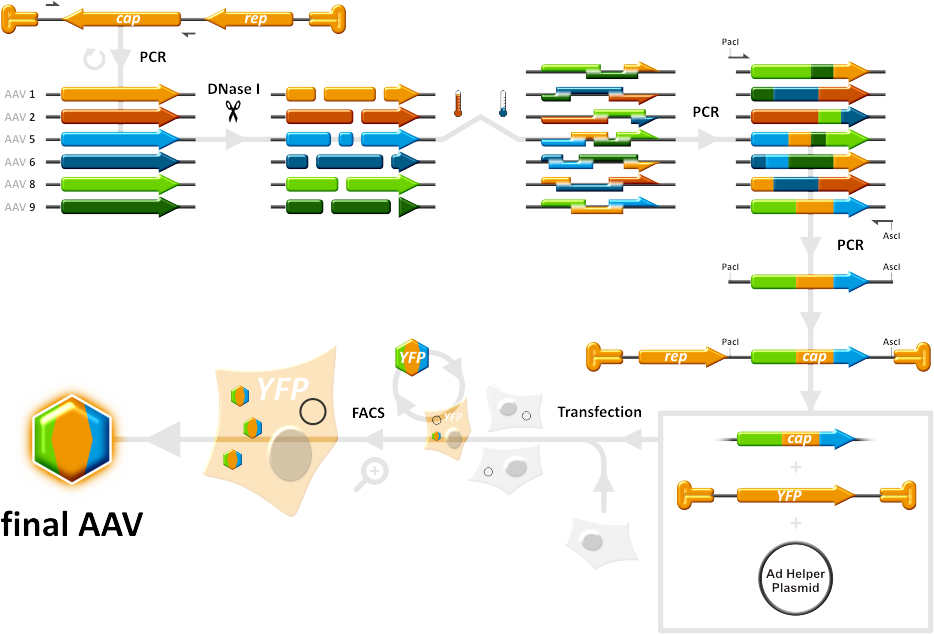Team:Heidelberg/Project/Capsid Shuffling/Homology Based
From 2010.igem.org
Philippbayer (Talk | contribs) (→Results) |
(→Results and Discussion) |
||
| Line 33: | Line 33: | ||
In parallel, we picked 48 randomly selected clones from the AAV library, packaged them with a YFP construct and tested them using flow cytometry on HepG2, Huh-7 and mouse primary hepatocytes. One clone of those was able to infect both HepG2 and Huh-7 cells, and was thus packaged with a luciferase construct and injected into mice. [https://2010.igem.org/Team:Heidelberg/Project/Mouse_Infection Mice experiment] showed a specific targeting into the liver. | In parallel, we picked 48 randomly selected clones from the AAV library, packaged them with a YFP construct and tested them using flow cytometry on HepG2, Huh-7 and mouse primary hepatocytes. One clone of those was able to infect both HepG2 and Huh-7 cells, and was thus packaged with a luciferase construct and injected into mice. [https://2010.igem.org/Team:Heidelberg/Project/Mouse_Infection Mice experiment] showed a specific targeting into the liver. | ||
| - | + | In addition, 12 viruses were packaged with a YFP construct and used to transduce primary hepatocytes, HeLa and Huh-7 cells. Flow cytometry measurements showed that some of those viruses (e.g. number 8) are even more efficient than many of the wildtype serotypes. However, the measurements will be repeated, since not enough time was allowed for the viruses to be produced and for the cells to express sufficient YFP for good measurements. | |
Revision as of 03:47, 28 October 2010

|
|
||
 "
"



